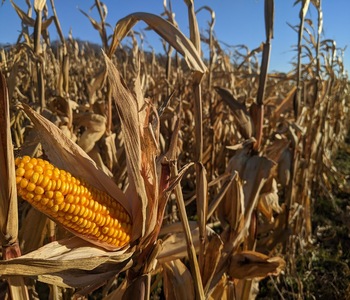The perils and promise of single-gene solutions to crop yield: extraordinary claims require extraordinary evidence

Short Summary:
- Increasing crop yield is critical for global populations, yet many crop molecular biology studies are touted as yield breakthroughs without sufficient replication to evaluate field performance, slowing progress within plant breeding.
- Here we suggest guidelines for the community to rigorously test the effect of genes on crop yield.
Abstract
Agriculture relies on plant breeding and genetics to deliver the best crop varieties and agronomic practices that will deploy results across nearly a billion hectares of cropland. We regularly see industry delivering on this objective, although optimized for their goals and limited geographies. However, many public sector efforts responsible for feeding most of the planet are not meeting these objectives or working effectively across disciplines. A key example is repeated publications on single genes, multiple gene constructs, or similar edits that claim to confer incredible yield increases. Many of these publications are flawed in how they measure and report yield. Often, they lack replication across environments, have low sample sizes, compare yield estimates in non-commercially competitive germplasm, and report on experiment-specific yields that massively underperform as compared to real-world local or global yields. Here, we detail common issues that arise and describe how such findings, when published in high-profile journals, skew global agricultural funding away from proven plant breeding methods.
To address these issues, we suggest approaches for researchers and reviewers to use when evaluating the impact of single genes on crop yield, including:
- Robustly measure crop-relevant yield, not plant-level yield.
- Create field designs that pay attention to inter-plant competition and genotype-by-environment interactions.
- Use elite germplasm.
- Prioritize genes that evolution may have missed or whose variation has been exhausted within elite germplasm.
- Develop collaborations and use public sector frameworks such as the Genome to Fields Initiative to test changes at scale.
Accurate measurement and reporting of crop productivity have drastic consequences for feeding the planet. Due to the impact that many of these problematic yield studies have on setting global food policy and subsequent economic investments, there is no more important time to collaborate as a community to accurately measure, improve, and deliver on crop resilience and yield.
This paper is currently under revision at Nature (doi TBD)